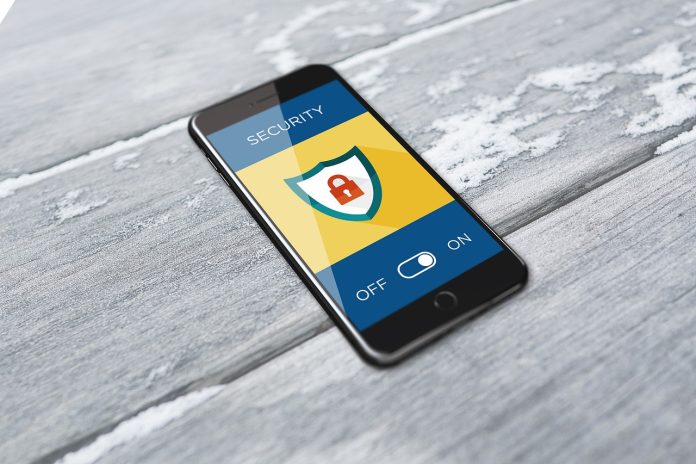Cyber fraud is defined as the use of technology to deceive an individual, an organisation or a business. Popular forms of cyber fraud include email scams, phishing scams, and identity theft. Cyber fraud usually results in serious financial loss and can harm an organisation’s or individual’s reputation.
The last thing you want when travelling is to find yourself in the middle of nowhere because of a scam. In this article, we will make you aware of the different types of cyber fraud to keep you safe from online scams.
Cyber Fraud in Online Gaming
Cyber fraud in online gaming usually refers to any fraudulent methods used to scam, cheat or deceive players on online gaming platforms. It could be a top casino with a welcome bonus or any other gaming platform – scammers don’t hesitate to target. Here are some examples of online gaming cyber fraud:
- Virtual item fraud involves sales of in-game items and currencies obtained through forms of hacking or illegal means.
- Phishing scams are a form of tricking players to give away personal information or account details through fake logging or fake impersonations.
- Gold farming is when players use automated bots to acquire in-game currencies and items. These can commonly be sold later on for real money.
How to Prevent Fraud in the Gaming Industry
Online gaming companies and communities are tirelessly working on finding ways to combat cyber fraud. Several steps can be used to prevent cyber fraud.
- Gaming companies could implement security measures such as encryption to protect their player accounts and two-factor authentication that prevents unauthorised access.
- Companies can monitor for any suspicious activity by using software and tools that detect cheating and bots.
- Companies can educate their players on the risks of fraud and how they could protect themselves. They can do this by providing information about how to spot phishing scams and how to keep their accounts secure.
- Companies could collaborate with the main authorities.
- Companies could implement the use of blockchain technology.
- Companies could have a clear refund policy that allows players to request a refund in case of fraud.
- Companies can monitor customer feedback and identify any suspicious or fraudulent activities and take action accordingly.
Cyber Fraud in Travel and Leisure
The travel and leisure industry isn’t immune to cyber fraud, as people planning a vacation or business trip could find themselves victimised by criminals. Some examples include:
- Phishing scams can be done through fake travel websites where individuals may be tricked into giving their personal information.
- Fake ticket scams can involve the sale of non-existent tickets for events or travel.
- Vacation rental scams can involve fraudsters listing fake vacation rental properties and tricking individuals into paying for a non-existent rental.
How to Prevent Cyber Fraud in the Travel and Leisure Industry
Here are a few ways you can prevent cyber fraud when you’re planning a trip or looking to attend a special event:
- Verify the authenticity of websites and email addresses before providing any personal details.
- Use secure payment methods such as credit cards when making payments.
- Always check reviews and ratings before booking a vacation rental.
- Be careful of deals or offers that seem too good to be true.
- Tourism and leisure companies could implement blockchain technology to secure customer data.
- Travel and leisure companies can collaborate with authorities to combat fraud.
It is important for businesses and individuals in the gaming, travel and leisure industries to be aware of cyber fraud and take the necessary steps to protect themselves and their clients.
Users should verify the legitimacy of websites and emails and remain cautious of any unfamiliar offers or deals. That way, you can be careful and safeguard yourself from any fraudulent activity and reduce the risk of cyber fraud.







